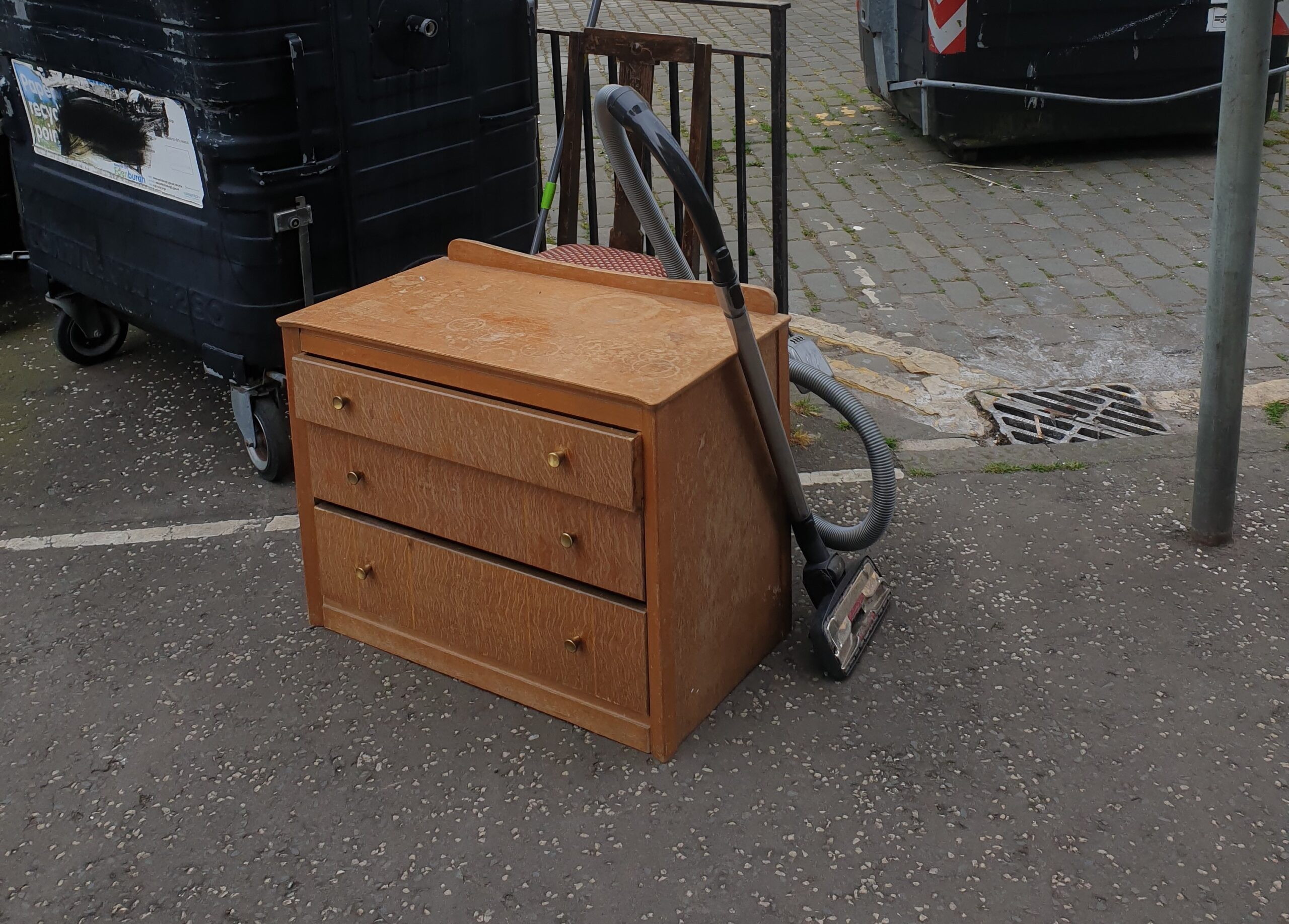In the second of two-part posting, Professor Gillian Black (Commissioner, Scottish Law Commission and Chair of Scots Private Law, University of Edinburgh), Professor Nick Hopkins (Commissioner, Law Commission of England and Wales), and Nic Vetta (Legal Assistant, Scottish Law Commission) outline the Commissions’ joint proposals for a new regulatory regime for surrogacy in Scotland and in England and Wales.
Scots law, as it relates to the rights of children generally, has made significant progress in ensuring that the law places their welfare at the heart of all decision making, and recognises them as independent rights holders.
While encouraging progress has been achieved in relation to safe-guarding the rights of children, not least in terms of the rights recognised in the United Nations Convention on the Rights of the Child, some specific areas of the law do not adequately protect the best interests of the child. One example in the context of surrogacy relates to the current framework which exists for surrogate-born people to access information about their origins.
Leave a Comment


